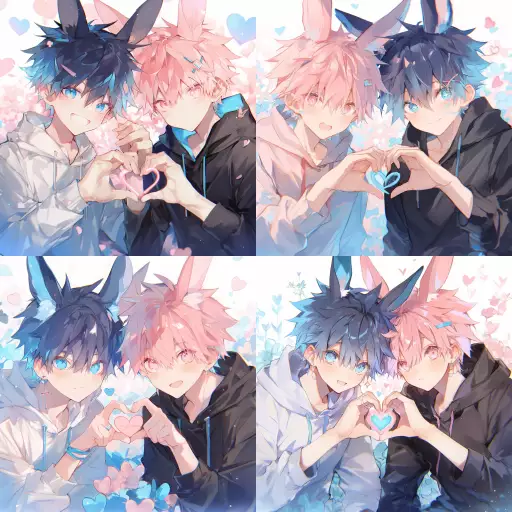Explore the Best AI Image Gallery

AI-Powered Imagery: Reshaping the Marketing Landscape
The world of marketing is constantly evolving, driven by technological advancements that push creative boundaries and redefine how brands connect with their audiences. One of the most transformative developments in recent years has been the rise of AI image generation. This powerful technology allows marketers to create stunning visuals at scale, personalize content, and experiment with new artistic expressions.
The Potential of AI Images in Marketing
AI-generated images offer a wealth of opportunities for marketers across various sectors:
- Content Creation: Generate high-quality visuals for social media posts, website banners, marketing materials, and even product mockups. This can save time and resources compared to traditional methods.
- Personalized Experiences: Tailor images to individual customer preferences based on demographics, interests, or past interactions. This creates a more engaging and relevant brand experience.
- Conceptual Visualization: Quickly iterate through design ideas and explore new concepts by generating variations of an image with different styles, objects, or backgrounds.
- Enhanced Storytelling: Combine AI-generated imagery with text to create compelling narratives that capture attention and convey brand messages effectively.
Ethical Considerations in AI Image Generation
While the potential benefits are significant, its crucial to approach AI image generation responsibly. Several ethical considerations need careful consideration:
- Copyright and Ownership: Questions arise regarding the ownership of AI-generated images, especially when trained on existing datasets. Clear guidelines are needed to ensure fair use and attribution.
- Bias and Representation: AI algorithms can perpetuate biases present in the training data, leading to unfair or inaccurate representations. Its essential to strive for diversity and inclusivity in both the training data and the generated images.
- Transparency and Explainability: The decision-making processes of AI models can be complex and opaque. Strive for transparency by explaining how AI images are created and allowing users to understand the factors influencing the output.
Future Trends in AI Image Generation
The field of AI image generation is constantly advancing, with exciting trends shaping its future:
- Increased Realism and Customization: Expect even more realistic and detailed AI-generated images, coupled with advanced customization options to tailor visuals to specific needs.
- Integration with Other Technologies: AI image generation will likely be integrated with other technologies like augmented reality (AR) and virtual reality (VR) to create immersive experiences.
- Personalized Learning Algorithms: AI models will learn from user preferences and feedback, generating increasingly personalized and relevant images over time.
Conclusion
AI-powered imagery is revolutionizing the marketing landscape, offering unprecedented opportunities for creativity, personalization, and efficiency. By embracing these advancements while addressing ethical considerations, marketers can harness the power of AI to create compelling brand experiences and connect with audiences in meaningful ways.




](https://images.ai-img.art/thumbnails/150/7599c9e7507c77a975081d554947c9dea123e678a7ece42d30f571f639620598.webp)


](https://images.ai-img.art/thumbnails/150/031692dcf8fbf869092e8cea50f9411a45dadc1f189ea67b8dece8e02952a7e3.webp)

](https://images.ai-img.art/thumbnails/150/efd8a9ad06ef2c72e3378698ad5e592d3d2bf8eff85c25e75db7c9902c7be353.webp)


